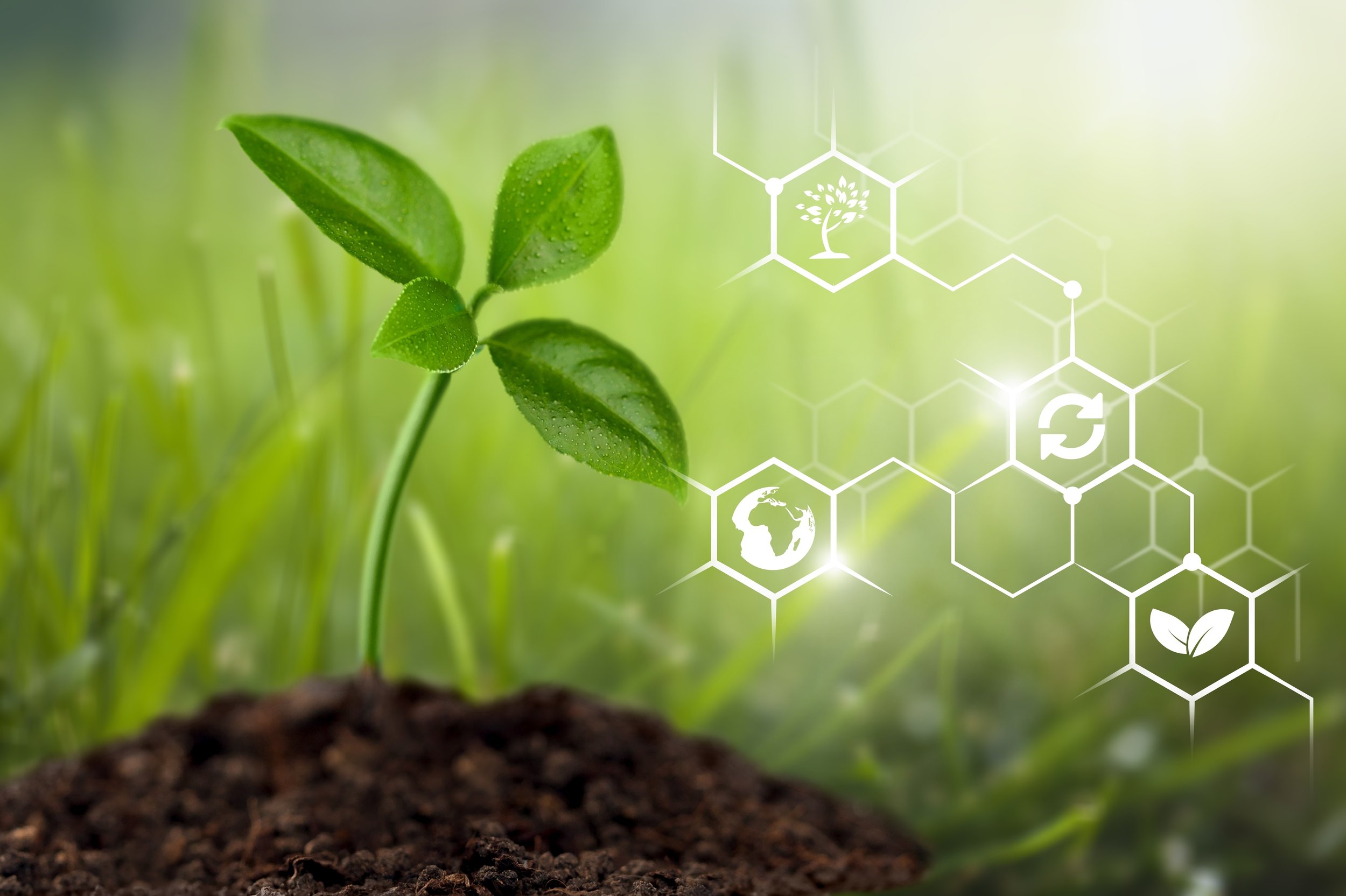How biological batteries may use soil to create sustainable energy.
Consider the sources of our energy: drilling rigs and smokestacks, windmills and solar panels. Even lithium-ion battery packs may spring to mind.
We presumably don't consider the farms that cover more than one-third of the Earth's total land area. On the other hand, Farms use as a source of energy. Bioo, a battery firm established in Barcelona, produces electricity from organic matter in soil and develops biological batteries that can power agricultural sensors, a 1.36 billion USD worldwide market.
Pablo Vidarte, the 24-year-old founder of Bioo, the biotech business creating the panel, first had the idea in a dream. "In my dream, I inquired if it was conceivable to treat plant leaves as a solar panel," he explains. "In a nutshell, the answer is no. But there are methods to use nature as a battery to generate energy for oneself without damaging [the environment]."
Nutrients and microorganisms seep from the soil into the new biological battery as it rains or when the area gets watered. Microorganisms that feed on organic materials create protons and electrons inside the battery, sending electrons to the anode and protons to the cathode.
According to Vidarte, there are various advantages. "You have an energy source that produces power both during the day and at night," he explains. "So it's energy generation 24 hours a day, seven days a week." It doesn't matter if it's pouring or snowing; the quantity of energy produced is the same." Unlike a significant solar farm, which may replace nature (as in South Korea, where 2 million trees have been felled in recent years to make way for solar panels), biological panels may operate without affecting plants growing in a field. The method uses materials (such as graphite) that are more prevalent than those used in solar panels, so when mass-produced, it may compete on price, but the firm is still gathering data on how much energy the panels can create.
Bioo's technology eliminates the need for single-use chemical batteries, which must change regularly. The startup will collaborate with significant companies such as Bayer Crop Science to test its sensor technology on farms and experiment with employing bio-batteries to power lighting installations. Bioo sees a future in which biology may potentially power our biggest cities.

